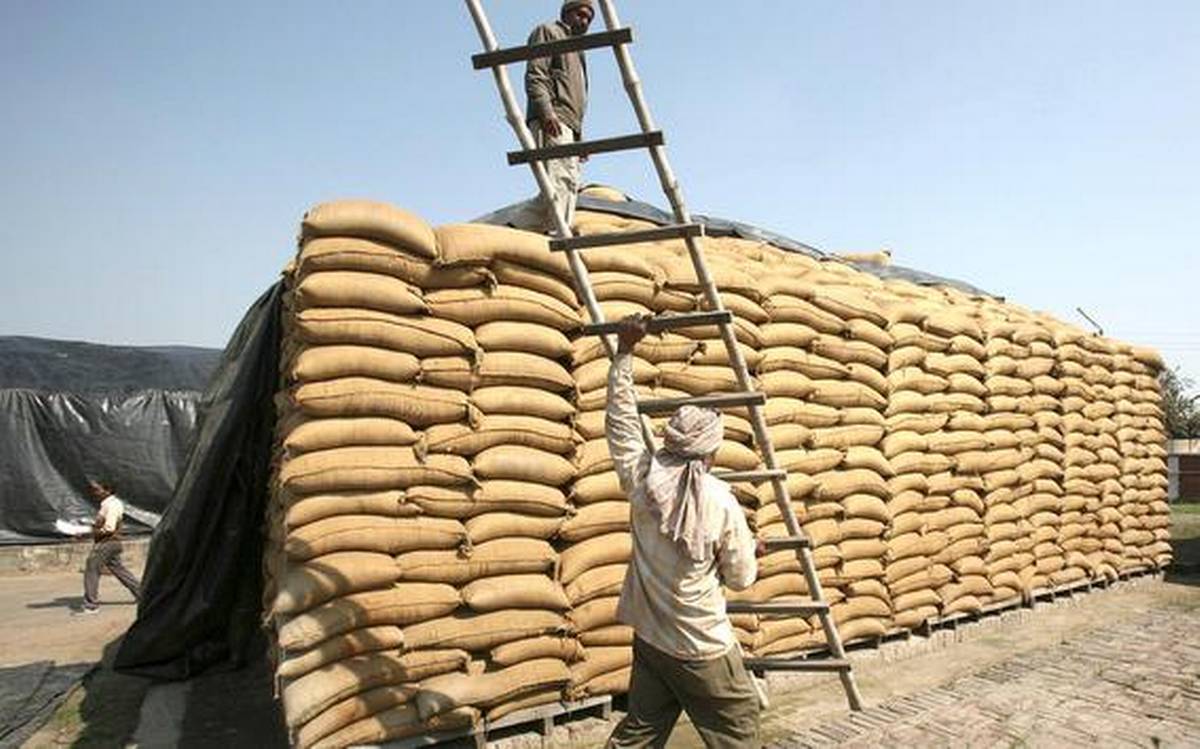
Modernising the Management of Information for Supply Chains of Essential Goods
Modern technology & information management practices should be leveraged to develop a unified approach to supply chain management
Problem
Ordinarily, the modern economy is characterised by distributed supply chains and sophisticated networks for trading; where administrative decisions in one region affect broader systems of logistics and transportation. This was exemplified in the early days of the pandemic, with the imposition of lockdowns and prohibition of manufacturing activities leading to multiple disruptions in the supply of essential goods, and a heightened sense of uncertainty about their immediate availability. An uninterrupted supply chain, especially in relation to essential goods such as foodstuffs, pharmaceuticals and hygiene products, is essential for social welfare and the stability of economic activity. Therefore, there is a need for an integrated approach to organise information related to supply chains of essential goods.
Currently, Indian law regulates nodes of supply chains of essential goods through various sector-specific laws. These laws cover many of the constituent entities of supply chains, but they do not make effective provisions for the collection, management, and accessibility of supply and distribution information from these entities. The Essential Commodities Act, 1955 grants powers for control over production and supply of certain goods but does not enable a system of managing information related to these goods. Other laws require various entities such as registered warehouses and licensed pharmaceutical sellers to maintain detailed records of their transactions, but do not mandate consolidation of this information into a larger database.
Solution
Uncertainty regarding the availability of essential goods could perhaps have been avoided with appropriate administrative planning, bolstered by the presence of a database containing up to date information about the distribution and supply of essential goods. To improve preparedness for future crises, the benefits of modern information management systems for supply and distribution networks of essential goods are needed. The law has a crucial role to play in achieving this objective. Identification of an updated, comprehensive list of essential goods and the law governing them is required to develop an integrated approach to collecting and managing this information.
Modern technology should be leveraged to enable the efficient organisation of information. In order to do this, the law should require the collection of relevant data at appropriate levels of the supply chains of essential goods. It should prescribe standards for the management of this data to allow granular insights about these supply chains. This requires an integrated legislative approach across sector-specific laws – unifying the processes of data collection into a centralised approach towards the management and presentation of this information.
The development of an integrated platform for the management of this information would further benefit planners and policymakers. Some existing initiatives have created interfaces for the management of similar information. For instance, the Food Corporation of India (FCI) operates the Integrated Information System for Food Grains Management, an electronic record of food stocks kept with depots of the FCI. Similarly, the National Health Mission in Assam operates a Drugs Stock Availability System, which is an online record of drug availability at public health institutions at the sub-district level. An integrated platform which combines standalone systems of this kind with related information from other sources and different sectors would greatly facilitate the uninterrupted supply of essential goods in times of crisis.
Implementation
- Existing legislation related to various nodes of the supply chain of essential goods should be identified, reviewed and amended to require the collection of relevant data, create an integrated approach to the management of data and prescribe standards in this regard.
- An integrated electronic platform for the management of this information should be developed to organise it at a suitably granular level, using state-of-the-art technology in compliance with data protection and security norms.




